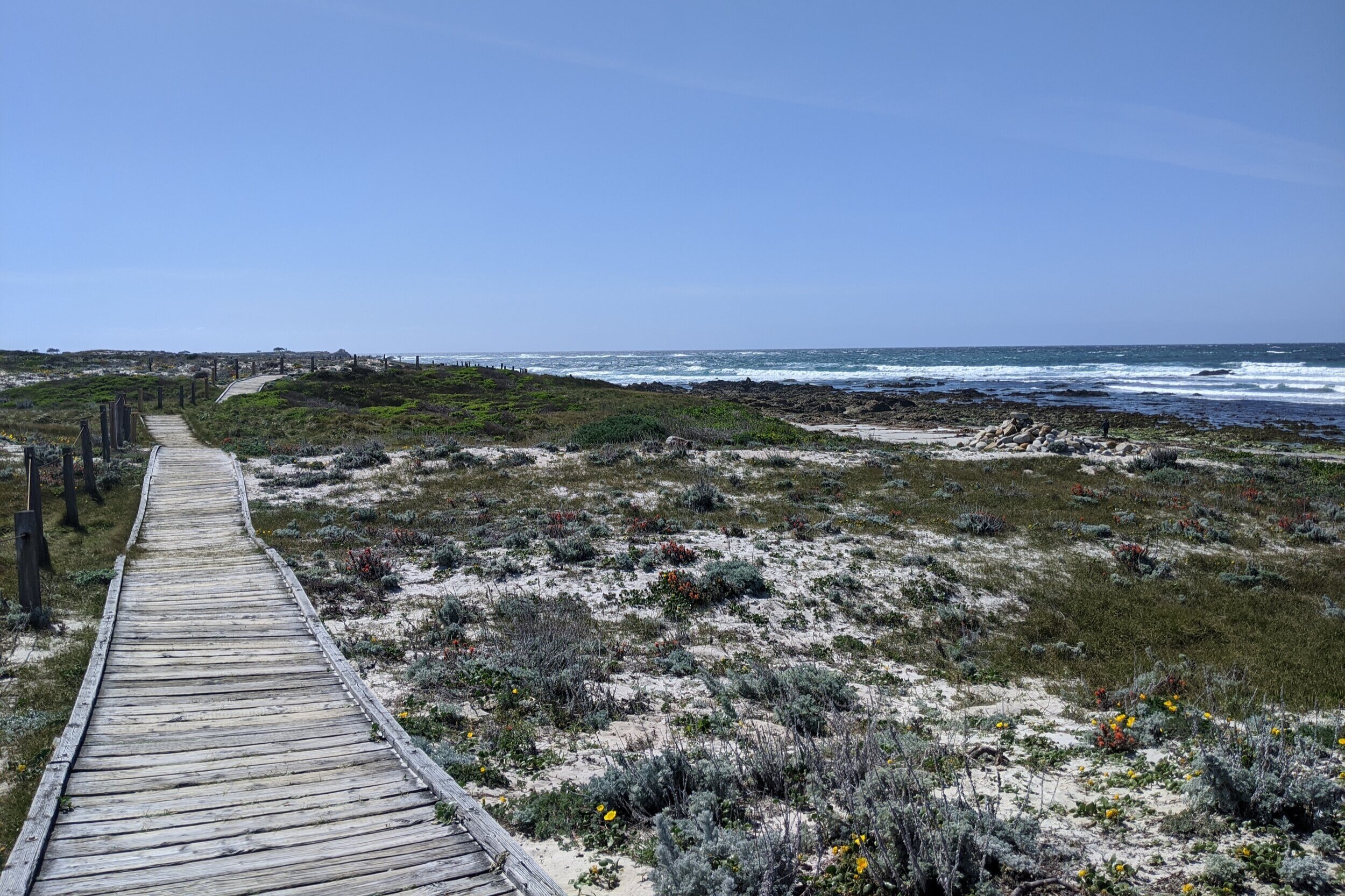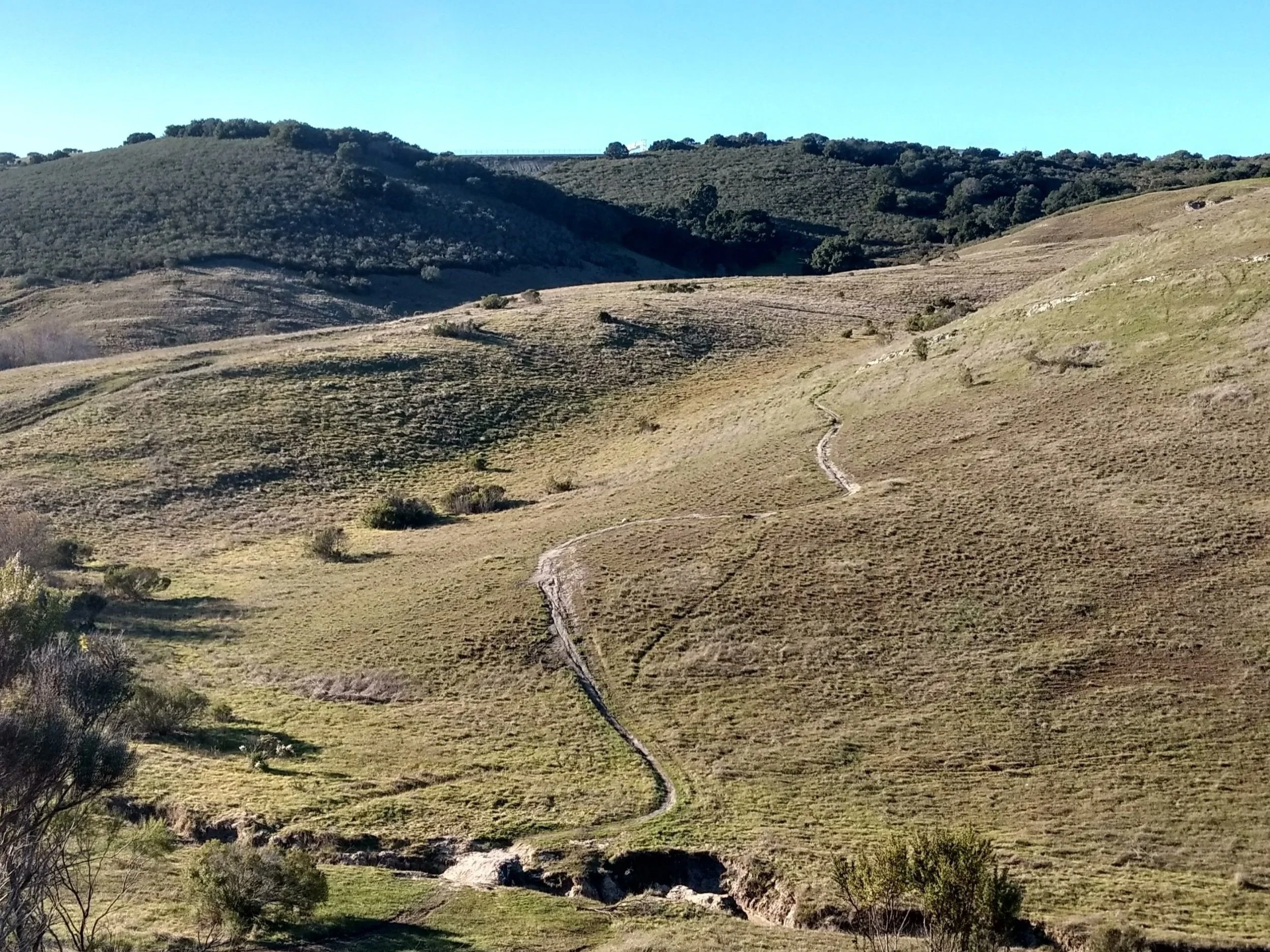(This is part 3 of a three-part series exploring 1 John)
To Believe You Have A Sin Problem (1 John 1:9)
But if the truth is in us, what will result? We will confess our sins (1 John 1:9).
Here, he means we will confess our sins to God, since God is the One who is faithful and just to forgive us our sins and to cleanse us from all unrighteousness. We cannot do that for each other. Our sin must be confessed to God.
This is not to say we shouldn't confess to one another:
"Therefore, confess your sins to one another and pray for one another..." (James 5:16).
At times, it will be the confession you make to others which will help you really overcome. But that confession has more to do with what we already talked about, walking in the light. We can't, though, merely tell others about our sins. We must also confess our sins to the Lord.
He also means we should confess our known sins. There is no way I could know every sin I've actually committed. I don't have that kind of time! And neither do you, I assure you. But when we learn of a sin we've committed -- whether it be in our thoughts, words, or actions -- we must confess it to God.
Man up, call it a sin and tell God you hate that you've gone there. Admit you were wrong. Don't weakly make excuses for yourself. Don't try to soften it. Instead, thunderously declare you sinned! The blood of the Son was shed for the very thing you did. With remorse and contrition, own up to it.
Experiencing Your Sin Savior (1:9)
Notice, in verse 9, John tells us that if we confess, the Lord is faithful and just to forgive us our sins and to cleanse us from all unrighteousness. Now, John isn't introducing teaching which contradicts the gospel. He isn't saying you cannot go to heaven unless you admit every single sin you've ever committed. Instead, he continues to build his case for progressive sanctification. You will become more like Jesus if you confess your sins. You will experience God's forgiveness, the forgiveness every believer has positionally, in a real and tangible way in your life. He might lessen the consequences. He might calm your heart with His peace. He might delete your feelings of shame. But He will respond to confession.
I remember a time when I was a little boy, and I needed to confess some crimes I'd committed. First, I had been goofing around in the yard and had broken a branch off one of our trees. I felt terrible about this. Second, I had broken a clay flower pot. I was sure it cost a million dollars. But I didn't confess. One day, my mom asked me, "Nathan, did you break that clay pot in the back yard." I confessed. I started crying. "It's OK, honey. I forgive you," she said. And when I saw the grace she gave me, I quickly replied, "And I snapped the branch off the tree also!"
You see, when we look to the grace and mercy found at the cross of Christ, it ought to motivate us to confess our sins to our Father in heaven. He is predisposed to grant us His grace.
And one way He will dispense His grace is through forgiving and cleansing. Again, He makes us more like Jesus, more sanctified.
Near the end of His earthly ministry, Jesus, in a somber moment, knowing He was about to die, tied up his garments and washed the feet of His disciples. It was the task of the lowest household slave in that era, and Jesus did it to exemplify a life of service toward others, but Peter couldn't let it happen.
Peter said to him, "You shall never wash my feet." Jesus answered him, "If I do not wash you, you have no share with me." Simon Peter said to him, "Lord, not my feet only but also my hands and my head!" Jesus said to him, "The one who has bathed does not need to wash, except for his feet, but is completely clean. And you are clean..." (John 13:8–10).
What did Jesus mean? He broke away from showing them how to serve each other and used the moment to teach a lesson. You see, Jesus' people, believers like Peter, have been made clean by the blood of Christ. But we walk through this world and still need Jesus to wash us. We still need sanctification. So, though you may have "gotten saved" or been "born again," you still need Jesus to make you better, to purify you, to make you more like Himself.
That said, let's look at the third thing God's light produces.
3 -- God's Light Produces Real Help For Everyone
10 If we say we have not sinned, we make him a liar, and his word is not in us. 1 My little children, I am writing these things to you so that you may not sin. But if anyone does sin, we have an advocate with the Father, Jesus Christ the righteous. 2 He is the propitiation for our sins, and not for ours only but also for the sins of the whole world.
To Deny You Practice Sin (1:10)
Now, by this point, the claims of those who departed from the church are starting to sound very similar. First, in verse 6, they said they had fellowship with God while they walked in darkness. Second, in verse 8, they said they had no sin. Third, here in verse 10, they say, "We have not sinned."
It seems some thought they could walk in darkness and still have a good time with God. Others walked in deception, thinking they had no real sin problem. And this last group walked in denial, stating there was no sin in their everyday experience. They wouldn't admit anything.
But what was their actual claim? Here are some possibilities. Perhaps this claim is the same as the one which came before, namely that they had no sin nature. Perhaps this group admitted one could have a sinful nature, and yet never commit sinful acts. They might have theorized that though their inner disposition had yielded to sin in the past, now that they were enlightened, they would no longer sin in their daily practice.
Pause for a moment. It must have been frustrating to know someone who believed this stuff. When at small group, they would talk and sound like the holiest person in the room, but you'd know better. When in a heated argument with them, they would think it impossible they were the ones in the wrong. When you confronted them about something they did to you, they would repackage everything they'd said and done to make it sound sinless. You'd be left saying, "Well, I suppose the problem is all me then."
But a person like this -- notice how John describes them (1:10) -- does not have God's word in them. They make Him a liar because God's word makes it clear we will sin and experience temptation. And we must own up to the fact.
Here Scriptures like 1 Corinthians 10:13:
"No temptation has overtaken you that is not common to man. God is faithful, and He will not let you be tempted beyond your ability, but with the temptation He will also provide the way of escape, that you may be able to endure it." (1 Corinthians 10:13).
Passages like this one should help us own up to the truth. God paints a picture of a struggle in this life. Temptations will beat down on us. We will often give in. And in those moments, one of the most damaging things we can do is live in denial.
And, if you are living in denial, rest assured, you are killing your relationship with God and others. You aren't fooling anybody. It would be far better for you to agree with God, confess your sin, and get back into walking in the light.
Accepting You Can Have Victory With Jesus (2:1-2)
And John wanted to make sure we all understood this point. This is why he clarified, in verse 1 of chapter 2, "My little children, I am writing these things to you so that you may not sin." He didn't want them thinking: "Well, John sure seems to think Christians will sin a lot. I suppose I might as well oblige him his line of thinking. Vegas, anyone?"
No, instead John wanted them to understand he was trying to show them a path toward real victory. Get in the light. Practice confession. And, finally, right here in 2:1-2 he said, "But if anyone does sin, we have an Advocate with the Father, Jesus Christ the righteous. He is the propitiation for our sins, and not for ours only but also for the sins of the whole world."
John, he's amazing. First, he says, "I'm writing so that you may not sin." Then, he says, "But if anyone does sin, here's what he should remember. He has an Advocate with the Father, Jesus Christ.
Let's consider the first statement: So that you may not sin. It should be clear by now John does not believe in moral perfection as a possibility for Christians on this side of eternity. But he does believe in a general victory over sin. He is filled with hope. He believed victory is possible. Do you? Do not lose hope.
But, we all know, in our quest to spiritual growth, we will falter. In those moments, we must remember how we have an Advocate. Jesus Christ stands by the Father's side to plead our case. And, remember, the Triunity of God helps us see the Father's disposition to us. He loves us. He cares for us. So, as Jesus announces our position as reconciled sons and daughters to God, as He advocates for us, we gain God's help to overcome.
Notice how Jesus is called Jesus Christ the righteous. John's point seems to be that, by ourselves and on our own merit, none of us can get that title. None of us can be righteous or good or pure or holy or guilt-free or approved with Jesus! Nate Holdridge the righteous. Geoff Buck the righteous. Mike Casey the righteous. And not even Apostle John the righteous.
No, our righteousness is built upon Jesus' righteousness.
Remember earlier, when I quoted from Romans 3, the part which said all of humanity is under sin? It was teaching we had no way to get righteousness through any effort of our own. But it continued:
"But now the righteousness of God has been manifested apart from the law, although the Law and the Prophets bear witness to it— the righteousness of God through faith in Jesus Christ for all who believe. For there is no distinction:" (Romans 3:21–22).
Jesus is the propitiation for our sins, John said. This means Jesus satisfied God's wrath towards unrighteousness for us on the cross. You see, God is perfect and holy. He hates what wickedness has done to us. His anger was set against it, but Jesus satisfied God's holy and righteous need for justice. He died for the sins of the whole world, which the Bible makes clear to mean salvation is offered to everyone. But you must accept it.
Now, if you have not yet trusted in Christ to get God's righteousness, you should do so today. He loves you and wants you to be part of His family. But this problem we've looked at today -- sin -- keeps you far from Him. And no amount of denial about it, reframing it, or ignoring it will appease God. But, in His goodness, God, who is Father, Son, and Spirit, decided to give Himself for you. The Son appeased the Father, and now you can know Him. Right there, in your chair, or with your headphones, listening today or walking on the beach listening with your headphones, you can become an approved and forgiven child of God. Jesus died for you, in your place, and rose again. Believe in Him!
In a few weeks, I am scheduled to speak at a men's conference out of town. The theme is from Ezekiel 22:30. It's a rather sad verse:
"And I sought for a man among them who should build up the wall and stand in the breach before me for the land, that I should not destroy it, but I found none." (Ezekiel 22:30).
The idea is that God couldn't find anyone faithful to him during that era in Israel's history. No one was godly. No, not one. He looked for an intercessor, but none arrived. No one stood in the breach, the gap.
And, usually, the idea for a men's conference is, let's stand in the breach! Let's be good and godly men who don't put up with a lot of evil. Let's fight!
I like the point so far as it goes. But it must start somewhere. And it doesn't start with me. It starts with Jesus. He was the One who stood in the gap. He is the One who does intercede. He is the One who Advocates for us when we are knuckleheads. He's the hero we must continually turn to for help in our time of need. When we walk in the light, and our sin is exposed for what it is, He Advocates for us and, if we seek Him, grants us the victory.
Applications
1. Set sanctification as a strong desire and hope.
2. Do not blame God.
- There is no darkness in Him.
3. Go places His light is found.
4. Practice confession to God and others.
5. Go to the Father knowing you are fully Advocated for.
6. Pursue Christ: He will transform you.
Access Part 1 & 2 of this series:




